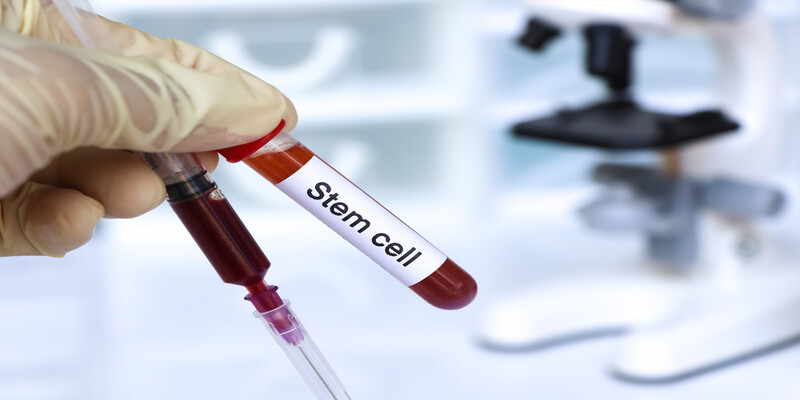For many people, stress has become a way of life. How many times have you seen someone consume an antacid straight from the bottle? Commercial antacid products can provide temporary relief, but they do not solve the underlying problem of what is commonly known as “heartburn.” Probiotics for acid reflux are fast becoming a recognized approach in the fight against this uncomfortable condition, especially due to the GI protection qualities of these products.
What Causes Acid Reflux?
There are several reasons for acid reflux. An obvious one is eating too much food. Overindulgence tends to overfill the stomach. The food gets pushed towards the esophagus where it begins the fermentation, or digestive, process. The resulting acid is the cause of heartburn.
It is not only the amount of food consumed, but the type of food can also be the underlying problem. Fried food, spicy food, coffee and more can cause the problem. If your food is not digested properly when you retire at night, or you are overweight are also common reasons for the problem.
How Can Probiotics Help with Acid Reflux?
There is a considerable amount of research being undertaken. The results of the research are promising, it appears that probiotics can help alleviate acid reflux. Probiotics help to balance the bacteria in the gut. They also help to control H. pylori. H. pylori is a bacterial infection that begins early in life. It is thought that two-thirds of the world’s population have H. pylori, but of them, only a few are adversely affected.
Probiotics help to improve resistance to H.pylori by producing antimicrobial substances. At the same time, probiotics compete for space on the lining of the stomach.
As probiotics do not affect the way antacids work, they may be taken at the same time. It is always a good idea to ascertain the cause of the problem. Be aware of the foods and beverages that trigger heartburn, reduce stress as much as possible, and test your actual stomach acid levels.


